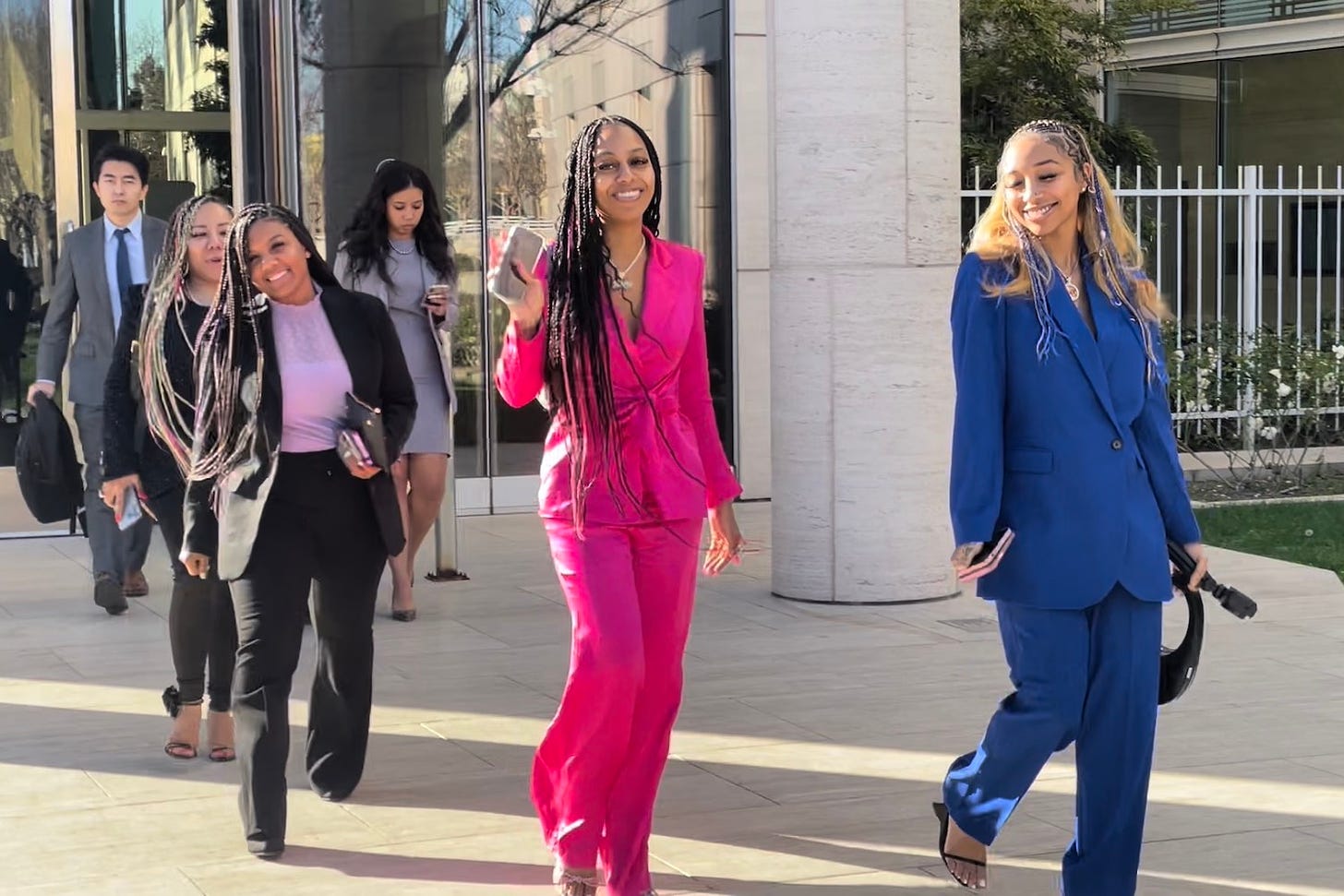Deposition testimony about racism leads to mistrial in rapper T.I.'s lawsuit over OMG Dolls
I've got the details on two mistrials in five days at the federal courthouse in Santa Ana.

The federal civil trial pitting toymaker MGA Entertainment against rapper T.I. ended with a mistrial on We…


